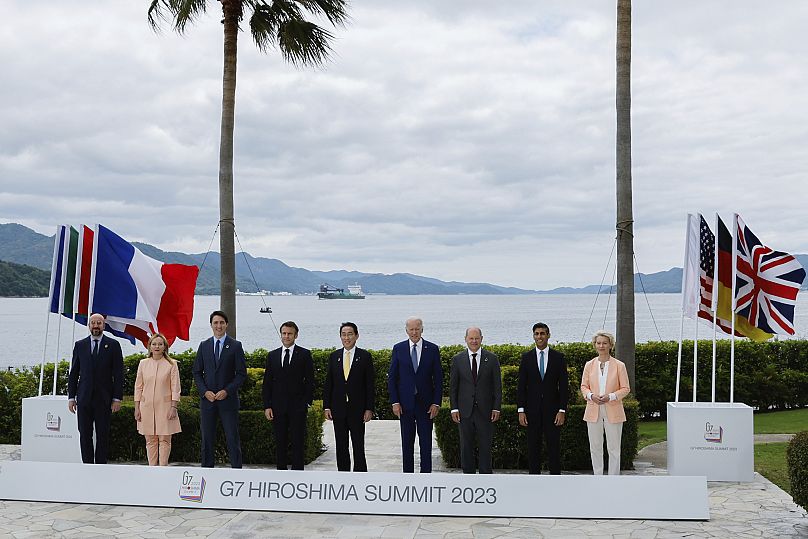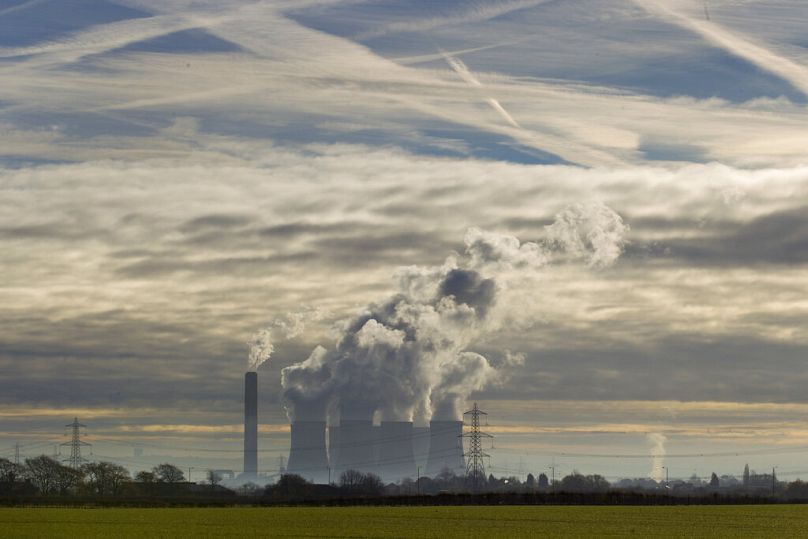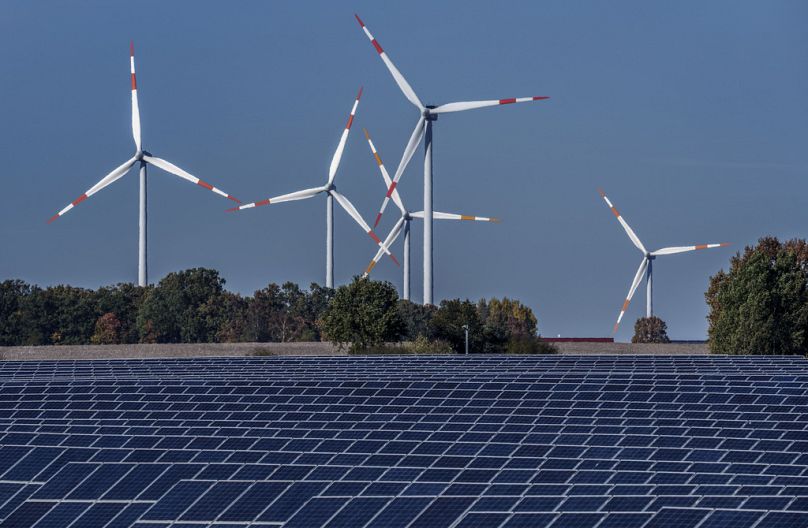Fossil fuel use is set to be a key topic at the UN climate conference in Dubai - but tension is brewing.
It’s two months until the UN’s Climate Change summit kicks off in Dubai and the fight over fossil fuels is already heating up.
As leaders, officials and negotiators from more than 200 nations prepare for COP28, there is a pressing need to accelerate emissions cuts. Progress towards Paris Agreement targets set in 2015 will be measured as the world gets its first ever ‘report card’ on climate commitments.
Despite the first Global Stocktake and increased pressure to speed up action on cutting emissions, not everyone agrees on what the future looks like for coal, oil and gas.
And countries are far from bridging the gap between the two opposing perspectives.
What has happened so far in the fossil fuel debate?
Fossil fuel use needs to decrease to meet Paris Agreement and net-zero goals. But exactly how it happens is a continued point of contention in international negotiations.
Last year at COP27, more than 80 countries backed a deal to phase down all fossil fuels. It was unsuccessful after being blocked by oil and gas-rich nations like Saudi Arabia which favour the use of carbon capture technology.
Then in April this year, G7 nations agreed to accelerate the “phase-out of unabated fossil fuels”. It was a step in the right direction, but the inclusion of the word “unabated” means it only targets those that use these fuels without technology to capture their carbon emissions.
Meetings of the G20 brought further concerns about commitments to ending fossil fuel use. The group of 20 of the world’s biggest economies have failed to reach a consensus on the issue with pushback - once again - from big oil and gas producers like Saudi Arabia and Russia.
Heading into COP28 in December, it could be the trickiest issue facing leaders and negotiators at the UN climate summit.
Who is backing the phase-out of fossil fuels?
Protesters, officials and campaigners have all backed calls for an urgent global agreement to phase out fossil fuels. This year’s push for a commitment at COP28 is gathering momentum too.
The EU is set to finalise its negotiating position for COP28 next month and there has been suggestion that member states could push for a global deal on phasing out fossil fuels in Dubai.
France is looking to go one step further, according to draft documents seen by news agency Reuters. It wants the EU to “adopt a much stronger and clearer narrative on the exit from fossil fuel demand”.
That includes a science-based target for the date by which each planet-warming fuel needs to go.
Small island states, highly vulnerable to the impacts of climate change, have also led calls for an agreement on the end of fossil fuels.
There’s already opposition, however, with the world’s top emitter China saying it won’t agree to fossil fuel ‘phase out’ language in a final agreement at COP28.
Why is carbon capture technology an issue?
Carbon capture technology has been put forward as an alternative to the complete phase-out of fossil fuels. It involves trapping the CO2 emissions from polluting industrial processes or power generation and transporting it elsewhere to be stored underground.
As countries around the world look to rapidly reduce global carbon emissions, some see this technology as a vital part of the transition. Oil and gas producers - like COP28 host UAE - have backed it as a pathway to reaching net zero while still using fossil fuels to produce energy.
Others are sceptical about it providing a free pass for the further expansion of fossil fuels.
Last week, a group of 17 countries, including France, Finland, Denmark and the Netherlands, called for a deal that limits the use of this technology. These members of the High Ambition Coalition say that though carbon capture has its role to play, it isn’t a silver bullet.
“We cannot use it to green-light fossil fuel expansion,” they said in a joint statement.
“The harm being caused, particularly to the poorest and those least responsible for the climate crisis, will continue to deepen unless we stop adding carbon to the atmosphere. The costs will rise and we will measure them in human lives.”
Greenhouse gas emissions need to peak before 2025, the group adds. Failing to do so will make it impossible to halve emissions by 2030 and keep global warming below 1.5C.
There are currently around 40 large-scale carbon capture facilities worldwide, trapping 45 million tonnes of CO2 every year according to the International Energy Agency (IEA). It says that to reach net zero by 2050, this capacity needs to be over 15 times higher.
Is the end of fossil fuels now ‘inevitable’?
Despite increasing calls for the end of fossil fuel use from the most climate-vulnerable nations, activists and even the UN secretary general, a deal at COP28 in December is looking unlikely.
CEO of the climate summit, Adnan Amin, told news agency AP last week that he believes that while a phase down of fossil fuels is “inevitable”, a deal to phase them out entirely probably won’t happen. The UN climate summit requires everyone to act in consensus meaning one country can hold up decisions like this.
While rich nations have already emitted incredible amounts of carbon as they have developed, Amin said it is unfair to expect currently developing nations not to do the same.
Especially without massive financial aid to help bring them up to date with clean technology.
COP28 President Sultan Al Jaber has echoed this perspective, championing investment in the transition and the goal of tripling global use of renewables by 2030.
But as clean energy sources become cheaper and more accessible, the end of fossil fuels could come whether countries agree on it or not.
“Leave aside the climate risk. There is now a business risk,” Fatih Birol, head of the IEA, told an event hosted by the Rockefeller Foundation in New York earlier this month. He believes that countries should urgently be discussing a phase-out agreement at COP28.
Renewable energy is growing and global demand for coal, gas and oil will peak by 2030, according to a recent IEA report. Solar power has seen record growth in the last few years and electric vehicle sales are up.
It could leave those choosing to continue investing in fossil fuels open to “very unhealthy, unwise economic and climate risks,” according to Birol.














